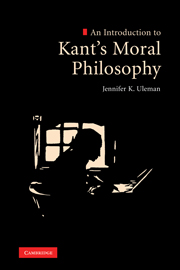

And Velkley may go too far in making his point about the primacy of practical reason. This book is surely essential reading for students of the period, although its broad scope can disappoint those looking for analytic treatments of Kant's major works. Unlike Rousseau, Kant believes reason can provide its own pure source of motivation for this project through a demand for independence that is found in everyone and justifies an expectation for "large-scaJe emancipation." Here Velkley introduces some of his few critical remarks, observing that Kant overlooks some of Rousseau's perceptions about the difficulty of this project (54, 69), and that in general it is not clear why Kant (and, in a worse way, later idealists) presumed reason is thoroughly systematic and "philosophy must answer [or the totality of human welfare" (168). Unlike other moderns, Rousseau and Kant see this project as no mere moderate reform, but as aiming at a new "grounding of" the sacred and noble" (33) through philosophy, which brings us back from "self-inflicted alienation" (145). Theoretical philosophy becomes a "propadeutic" for turning back the "beclouding" of the morality of "common reason" by dogmatic or skeptical speculation.

By building on the work of Schmucker and Henrich, Velkley can show that this idea of a moral end of all reason is not a late and desperate appendage to Kant's critical philosophy, but rather precedes and governs it. Reason seeks an absolute whole, but while this cannot be found in the natural world, it is provided by the construct of a moral world of harmonious self-legislating agents. In lieu of an abstract, here is a brief excerpt of the content:īOOK REVIEWS 685 antinomies and his doctrine of the highest good.


 0 kommentar(er)
0 kommentar(er)
